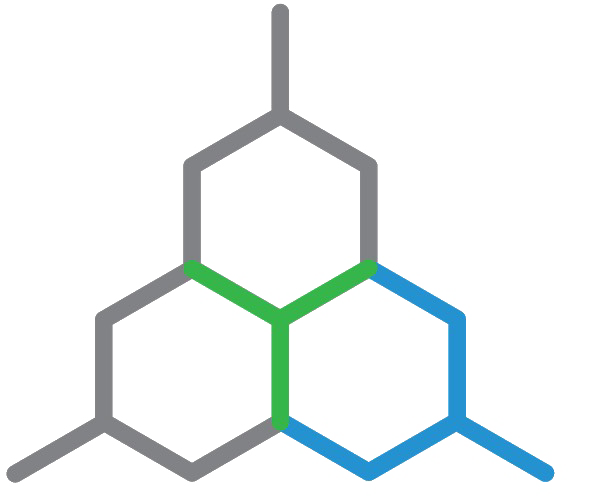Catalyst @ Health 2.0: A Year in Review
The COVID-19 Symptom Data Challenge Winners
AS WE WAVE GOODBYE TO 2020, THE TEAM AT CATALYST @ HEALTH 2.0 IS SHARING SOME OF THIS YEAR’S HIGHLIGHTS IN A SERIES OF BLOG POSTS.
In partnership with Facebook Data for Good, the Delphi Group at Carnegie Mellon University (CMU), the Joint Program on Survey Methodology at the University of Maryland (UMD), the Duke Margolis Center for Health Policy, and Resolve to Save Lives, an initiative of Vital Strategies
Want to learn more about the Challenge as a whole? Take a look at our other blog post here.
The COVID-19 Symptom Data Challenge looked for novel analytic approaches that use COVID-19 Symptom Survey data to enable earlier detection and improved situational awareness of the outbreak. Challenge participants leveraged aggregated data from the COVID-19 Symptom Surveys conducted by Carnegie Mellon University and the University of Maryland, in partnership with Facebook, the largest and most detailed surveys ever conducted during a public health emergency, with over 25M responses recorded to date, across 200+ countries and territories and 55+ languages.
After months of hard work, DeepOutbreak, a team with members from Georgia Tech, the University of Iowa, and Virginia Tech, who created a framework for forecasting the domestic activity and trends in transmission of COVID-19 and symptomatically-similar illnesses, was declared the winner of the Challenge. Second place was awarded to K&A, a Russia-based team working with the World Bank and the Higher School of Economics, whose approach leveraged both the U.S. and global Symptom Survey datasets to explore the effectiveness of behavioral interventions on the spread of COVID-19 over time. As the winner of the Challenge, DeepOutbreak is awarded $50,000 and will have their analytic design featured on the Facebook Data for Good website and partner forums, including blogs and community websites. K&A receives $25,000 as the runner up.
See the videos below to watch these two teams present on their winning submissions:
You can learn more about the Challenge and watch presentations from the remaining finalists at the COVID-19 Symptom Data Challenge website, symptomchallenge.org.

